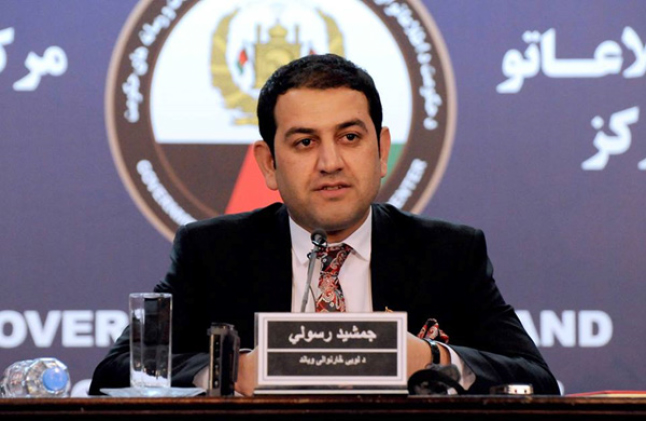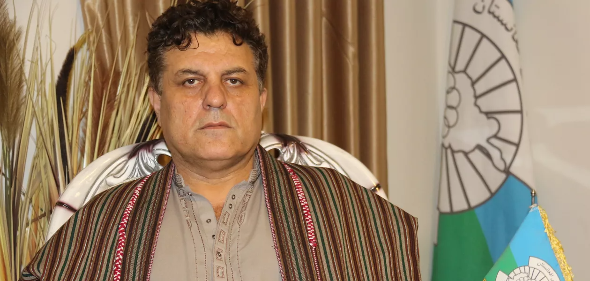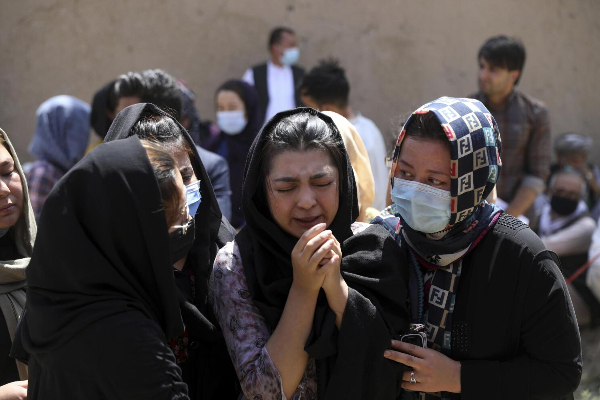
The Attorney General Office (AGO) has rejected the recent report by the Special Inspector General for Afghanistan Reconstruction (SIGAR), saying the watchdog has no evidence.
“The report is contradictory and is not based on facts and evidence,” Jamshid Rasouli, the spokesman of AGO said.
In its latest report to US Congress, SIGAR recorded instances of corruption in the very institutions put in place to stop it.
“Afghan attorney general failed to respond to personal appeals made by several senior US government officials to prosecute stalled high-profile corruption cases to show that no one is above the law,” the report said.
It says the Afghan government “may be going back to ‘business as usual’ and ‘simply checking the box’ when it comes to fighting corruption”.
“Despite appeals from senior US government officials, Afghan attorney general continues to have poor record of prosecuting powerful & influential corrupt actors,” SIGAR said in the report.
According to SIGAR, the Justice Dept. also found, that the Afghan Ministry of Interior “despite expressing willingness, has not helped the Anti-Corruption Justice Center (ACJC) execute search and arrest warrants.”
“MOI failed to execute lawful warrants issued by prosecutors, despite being legally obligated to do so The problem of powerful & corrupt actors ignoring warrant so severe that it undermined fundamental integrity & authority of ACJC,” SIGAR quoted.
Inspector General John Sopko reported that the anti-corruption court established by Afghan President Ashraf Ghani in May 2016, the Anti-Corruption Justice Center (ACJC), is a point of concern.
The report, citing the Justice Dept., says the ACJC “has shown little ability to function as intended” and “more than 100 ACJC warrants remain outstanding.”
Individuals ignore warrants, a situation “so severe that it has undermined the fundamental legitimacy and authority of the ACJC,” according to the report.
The report cited what it called the ACJC’s failure to execute search and arrest warrants and to make arrests following the completion of investigations.
“For the first time, Afghan people are witnessing that the one-star or two-star generals, deputies and ministers are being trailed,” Haroun Chakhansoori, President’s deputy spokesman added.
The SIGAR report also said since November 2015, when SIGAR began receiving “district-control data,” government “control and influence over its districts” has declined about 16 percent.
However, for the first time since 2016, SIGAR reported the number of districts under insurgent control had declined. SIGAR says there are 56 districts under insurgent control (11) or influence (45), a decrease of three.
Afghan National Security Forces have also taken a hit, only functioning at 89.3 percent of its goal strength and short-staffed by about 38,000 staff, the report states.
SIGAR’s next quarterly report will look into the Afghan government’s direct response to efforts to stop corruption in the Afghanistan Compact.
LINK: https://www.ansarpress.com/english/10153
TAGS:






























 Ghani Removed From UN Heads of State List
Ghani Removed From UN Heads of State List 




